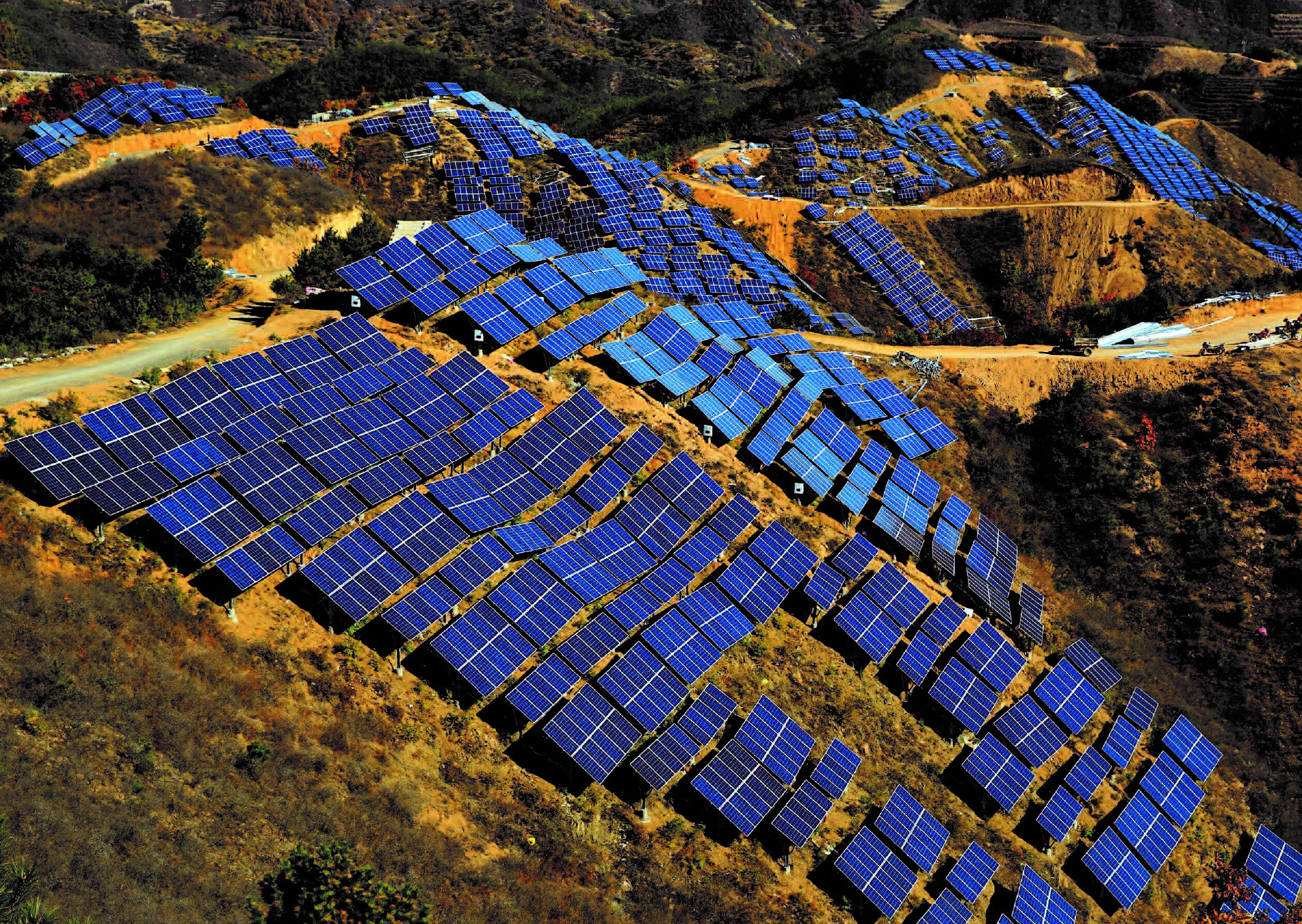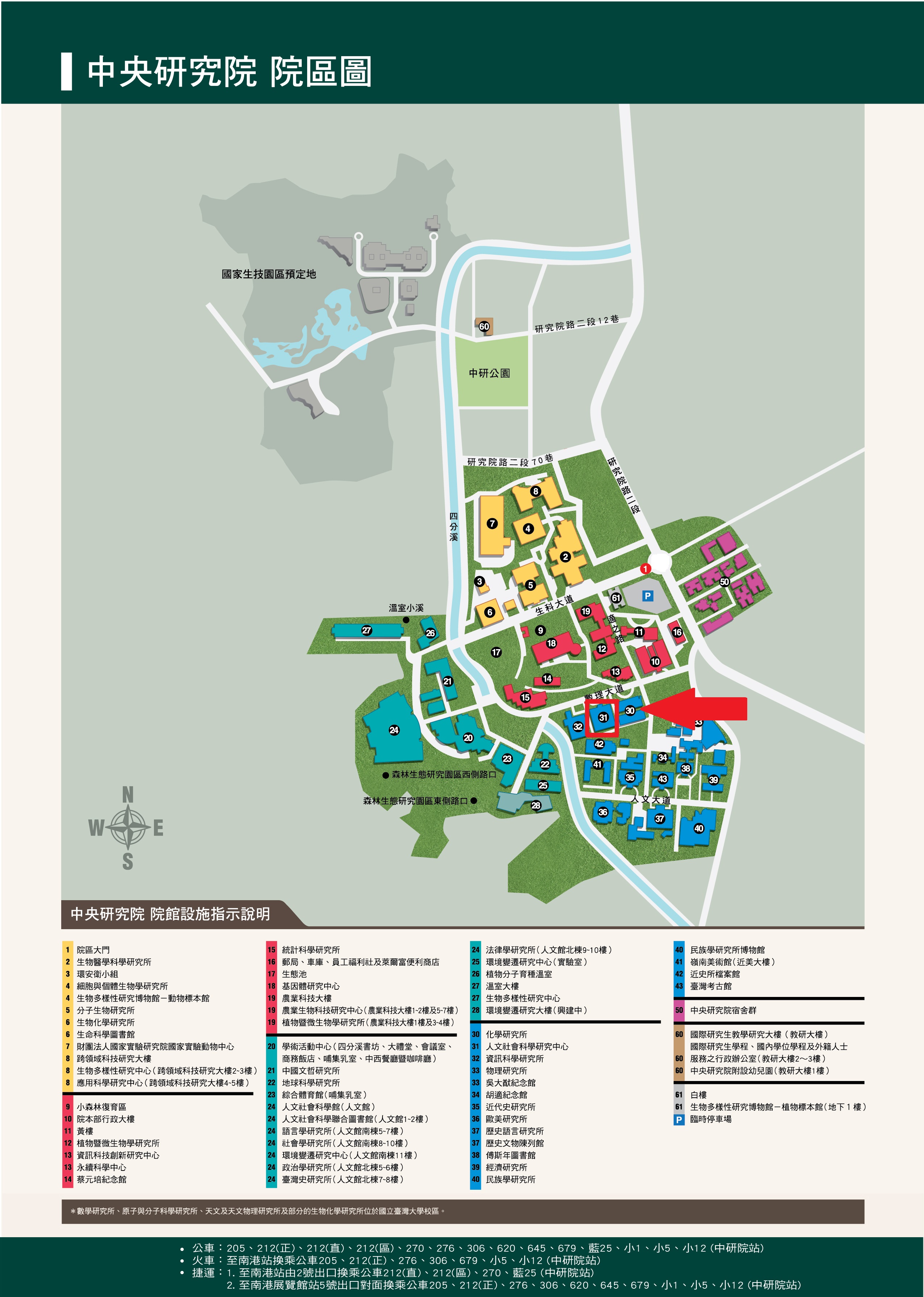
The concept of Anthropocene evidences the global impact on the Earth (soils, air, waters) of human activities (starting from the Neolithic revolution and/or the beginning of the Industrial revolution). In this regard, the difficulties and challenges to cope with the detrimental impact of human activities on the environment are similar to every people and nations. However the actual consequences of Climate change, Pollution and Biodiversity Loss and the way to address them vary greatly not only among different regions of the world but inside each of them. Even in an area such as the Chinese speaking world (China, Taiwan, Hong-Kong and Macao) defined by a certain “vicinity” in terms of geography, culture and language, different strategies to address environmental problems can be implemented at the social, political, and economic levels. This workshop follows on the recent publication of a special issue of Monde Chinois Nouvelle Asie (issue 56) edited by Jean-Yves Heurtebise & Jean-Paul Maréchal, “Ecological Civilization: From Slogan to Reality” https://www.cairn.info/revue-monde-chinois-2018-4.htm
In this issue we looked into the similarities and dissimilarities of the governmental policies, domestic regulations and social activities in China and Taiwan relatively to environmental issues. On one hand, there exist many similarities in addressing the current ecological crisis due to the fact that the main anthropic driving forces are also similar: massive urbanization, State productivism, international investments, overexploitation of resources, middle-class consumerism, and growing inequalities. On the other hand, there are also many dissimilarities because of the differences in the political regimes (authoritarian monopartism, administrated regions, and institutionalized democracy), the social histories (Chinese imperialism, Spanish, or English or Japanese colonization, etc.) and the historical founding events (Cultural Revolution, White Terror, etc.) of China and Taiwan. More precisely, this issue inquired into the differences between PRC’s public diplomacy on environmental issues with the production of the slogan of “(Chinese) Ecological Civilization” and the reality of the environmental situation in China and the way it also affects Taiwan.
Organized with the help and sponsorship of the CEFC Taipei (the Taiwan branch of the French Center on Contemporary China, 法國現代中國研究中心) and its Director, Sébastien Billioud, this workshop aims at confronting Jean-Paul Maréchal’s, Jean-Yves Heurtebise’s, Philip S. Golub’s and Paul Jobin views on the contradictions and relations between Developmentalist goals and Ecological needs in China and Taiwan with the perception, knowledge and theoretical frameworks of Taiwanese researchers, namely:
Prof. Tse-Kang Leng, Director of the Institute of Political Science, Academia Sinica
Prof. Thong-Hong Lin, Associate Research Fellow, Institute of Sociology, Academia Sinica
The event will be held in English.
Attendance is free but registration is necessary.
Please send your name and surname at: cefc@gate.sinica.edu.tw
Program and abstracts of the March 6, 2019 Workshop
13:30 – 15:00 First Panel
Speakers: Prof. Jean-Paul Maréchal and Prof. Jean-Yves Heurtebise
Discussant: Prof. Tse-Kang Leng
Chair: Prof. Sébastien Billioud
Jean-Paul Maréchal (Associate Professor, Paris-Sud University)
China: New Hegemon of the Global Climate Regime?
Abstract: This article addresses the question of a possible Chinese hegemony on the international climate regime. It first discusses the origin and meaning of the concepts of leadership and hegemony. It then analyses the evolution of the climate regime from the adoption of the United Nations Framework Conference on Climate Change in 1992 to the adoption of the Paris Agreement at the end of 2015. In the third part, it analyses possible international consequences in terms of hegemony of the radical change in China’s climate change strategy observed during the first decade of this century.
Jean-Yves Heurtebise (Assistant Professor, FuJen University & Associate Researcher CEFC)
Chinese Ecological Civilization and PRC Developmentalism: Deconstructing the elaboration of an “Environmental Kuznets curve” with “Chinese characteristics”.
Abstract: China is not only a territory, a country, an empire, a language, a culture, a party, but also an image. An image of the “Other”, a source of dreams, fantasies and many projections from the “West” – the myth of Chinese alterity reinforcing the discourse about the uniqueness of the West itself. Recently, China has been both “transmitter” and “receptor” of a quadruple ideological projection: developmentalist (Capitalism with Chinese characteristics), liberal (Modernization Theory), pacifist (“Peaceful Rise”) and ecologist (“Ecological Civilization”). In this article we will analyze the relationship between the ‘liberal illusion” emitted by “Westerners” concerning China and the “ecologist illusion” produced by China itself via the concept/slogan of “Chinese ecological civilization”. We will begin by presenting the four “illusions” (developmentalist, liberal, pacifist and ecologist) and analyze then the relations between the second and the fourth of these narratives by evoking their entanglement with the notion of “Kuznets environmental curve.”
15:30 – 17:00 Second Panel
Speakers: Prof. Philip Golub and Prof. Paul Jobin
Discussant: Prof. Thong-Hong Lin
Chair: Prof. Sébastien Billioud
Philip S. Golub (Professor of International Relations, American University of Paris)
Global value chains and the distribution of the environmental costs of China’s industrialization.
Abstract: This article discusses the role of transnational production and value chains in China’s overall environmental footprint. The aim is to broaden the debate on international environmental justice with a view to an equitable sharing of costs, not only between countries, but also between states and the private transnational actors who structure and dominate world production and trade flows. The question of international or global environmental justice and of a fair distribution of costs is not limited to the historical responsibilities of the “South” and “North” in the emission of anthropogenic gases since the Industrial Revolution, a well-researched problem that has led to the adoption of the principle of “common but differentiated [national] responsibilities” in global climate change. One must also consider the core responsibilities of transnational firms in the generation of negative environmental externalities along the entire commodity chain, from research, development and design, extraction of raw materials and the production and assembly of components, to world market consumption of the finished product and its recycling. Given the role of these firms in Chinese production and exports, China’s environmental challenges and the country’s global impacts must be framed not only as a national but also as a transnational issue.
Paul Jobin (Associate Research Fellow, at the Institute of Sociology of Academia Sinica, Taipei)
Between Typhoons and the Chinese Threat, Taiwan’s Critical Geo-political Zone.
Abstract: Borrowing the notion of critical zone to geologists, Bruno Latour invites to go beyond the geopolitics of the Westphalian regime, a framework that he considers obsolete to face the crisis of the Anthropocene. Through two observation fields and quantitative surveys, in this article, I follow on the Latourian definition of the critical zone to look at the case of Taiwan as a particularly critical area of the global ecological crisis. However, in the context of Taiwan, given the Chinese threat, the classical type of geopolitical risk cannot be neglected. Disasters caused by global warming such as typhoons and landslides are generally considered separately from geostrategic risks such as economic blockade or military invasion. In a first part, we follow in the company of Bruno Latour himself an international team of geologists in the Taroko Valley where a mine of Asia Cement threatens an aboriginal village. We then go to the Dongsha Atoll in the South China Sea, where Taiwanese military help marine biologists collecting plastic waste from all over Asia, while Chinese boats roam around. Finally, the last part presents opinion surveys dealing with the ecological risk and the threat of a Chinese armed invasion. In conclusion, we propose a geopolitics that takes into account both the ecological crisis and the geostrategic threat.
Access and transportation /
http://www.iis.sinica.edu.tw/page/aboutus/Directions.html?lang=en


